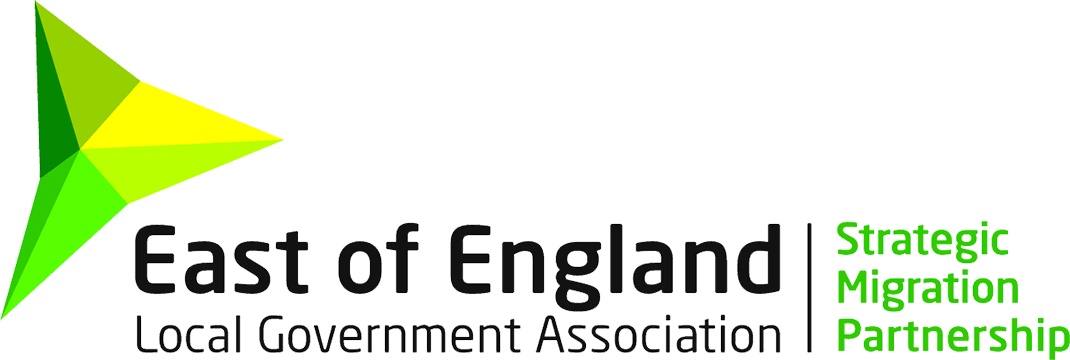Wellbeing and Work for Refugee Integration Project
The project is based on the principle that being economically active is the most significant step towards becoming integrated in UK society.
Among resettled refugees living for a year in the East of England, as of September 2018, only 4% were in employment, despite high levels of attendance in ESOL (English) classes.
While many refugees, show an eagerness to work, unemployment levels remain high, in part because of the barriers they face in accessing a job. Specific challenges include: lack of UK work experience, lack of adequate language skills, lack of knowledge of work place culture to find, apply and interview for a job, challenges in recognising or translating their skills, qualifications and experience, or justifying gaps in CVs caused by the lack of right to work during the asylum process.
Employers often lack awareness and knowledge about the hiring of refugees, including limited understanding of qualifications, and permission to work. Educating employers and bridging the gap between the refugee community and the corporate world is necessary to overcome these barriers to refugee employment.
A key strand of the project, which started in 2020 and will run until the end of September 2023, is to undertake skills audits for over 1000 refugees in order to identify gaps that make access to the labour market difficult and pathways to employment that the beneficiary should access. The skills audits are undertaken by one dedicated refugee employment adviser in each county in the region, employed by these partners - Suffolk Refugee Support, Norfolk County Council's People from Abroad Team, PARCA, BRASS, Essex Integration and the Refugee Council. Two pathways have been developed:
1) To provide therapeutic support and meaningful activity to alleviate anxiety, coping with ‘survivor guilt’ and adjusting to life in the UK, to be delivered by the Refugee Council, plus in Suffolk by the Health Outreach Service.
2) ESOL and skills programmes to be delivered by Essex Integration, Gladca, Community Action Dacorum, West Suffolk College, Kings Arms Project and the WEA. A specialist ESOL and skills programme for people wanting to enter the construction industry, one for refugee entrepreneurs, and one for people wanting to become interpreters, as well as IELTS and OET are delivered by Concept Training, MENTA, Community Action Dacorum and SLC.
Read more about the project's employment and skills development, and project progress, below:

This project is part funded by the EU Asylum, Migration and Integration Fund. Making management of migration flows more efficient across the European Union.
Please follow this link for details of the project privacy policy: Project Privacy Policy





